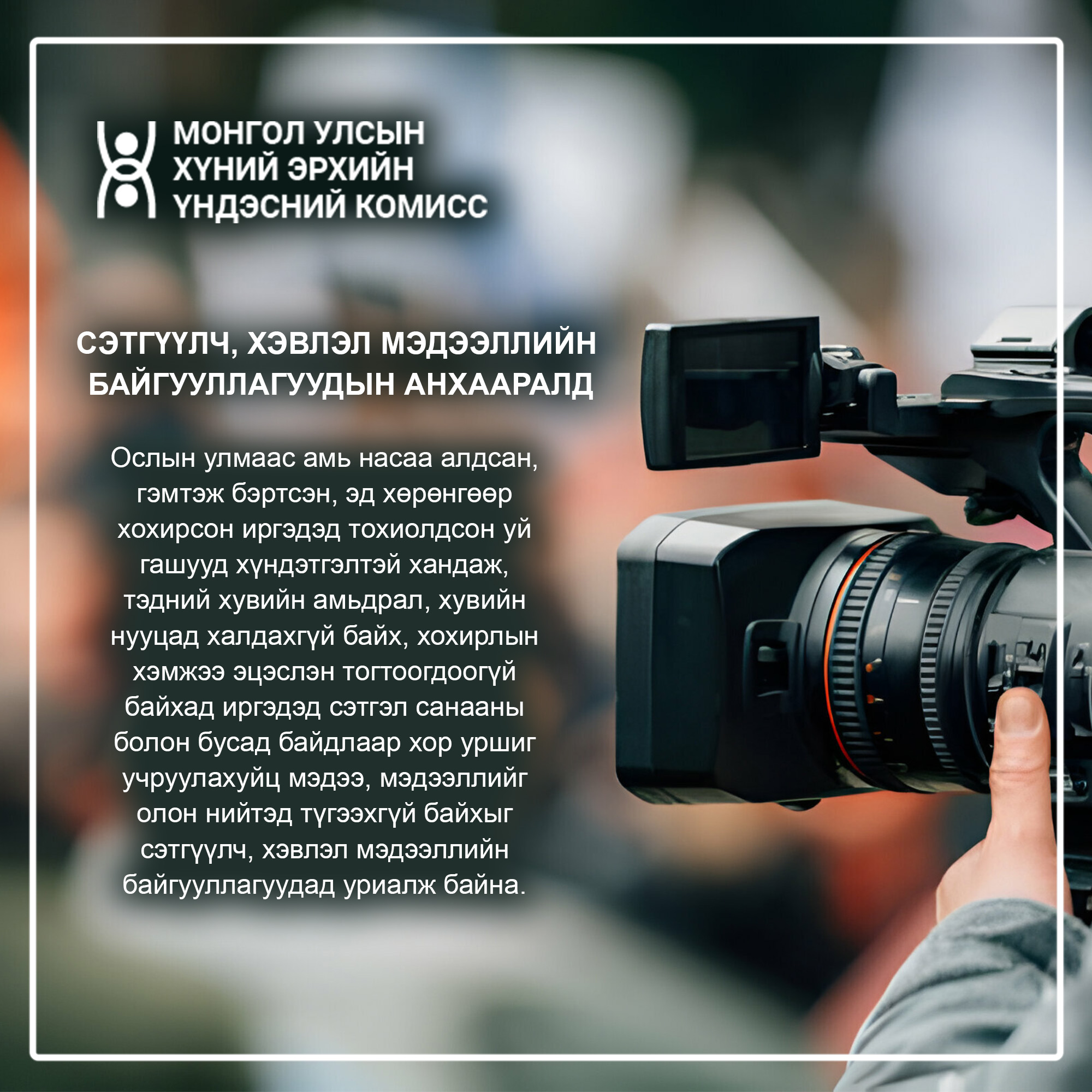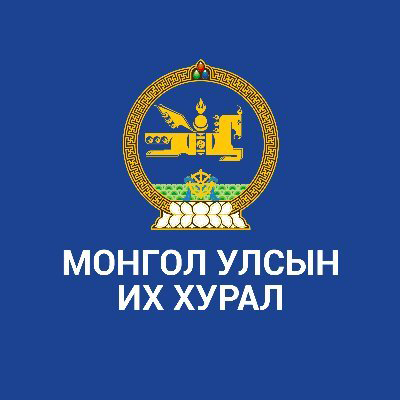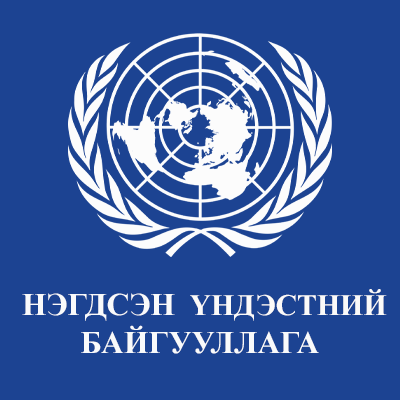Article 20. Right to file complaints and information to the Commission
20.1. Citizens of Mongolia, either individually or in a group, shall have the right to file complaints or submit information to the Commission in accordance with this Law, in case of violations of human rights and freedoms, guaranteed in the Constitution of Mongolia, laws and international treaties of Mongolia.
20.2. Unless otherwise provided in laws and international treaties of Mongolia, foreign citizens and/or stateless persons who are residing in the territory of Mongolia, shall exercise the same right to file complaints to the Commission on equal footing as the citizens of Mongolia.
20.3. The children or persons, who do not have full civil law capacity or have some limited or partial capacity may file a complaint or submit information, either individually or by a representation of lawful representatives, parents, caretakers, and guardians, with respect to any matters relevant to them.
20.4. The representatives, provided under the law for persons considered missing or declared deceased, may file a complaint or submit information.
20.5. Non-profit legal entities shall exercise equally the right provided in Article 20.1 of this Law, and file complaints or submit information through their representatives.
20.6. Representatives provided in Articles 20.3, 20.4, and 20.5 of this Law shall have a document of proof for their representation powers.
Article 21. Form of filing complaints and information
21.1. Complaints and information shall be filed in writing in Mongolian language or verbally in person. Persons, who do not know the Mongolian language, may file complaints in their mother tongue, and their complaints must be translated into Mongolian language and duly certified in accordance with the procedure provided for it.
21.2. Complaints and information filed verbally in person shall annexed with the note and signed by the complainant or informant. If the complainant or informant is illiterate or has other reasons to reconsider, then it shall be written in the note and receive the complaint or information.
21.3. Complaints and information may be filed through the official e-mail address of the Commission or hotline phone number.
Article 22. Requirements for complaints and information
22.1. Complaints and information shall reflect the following items:
22.1.1. A Complainant must indicate, which human rights and freedoms guaranteed in the Constitution of Mongolia, laws, and international treaties of Mongolia, have been violated;
22.1.2. The Complainant must write his/her own given name, full name, residential or postal address, contact phone number, and has signed it;
22.1.3. The Complainant must specify violations of rights and freedoms and incidents that occurred and annex relevant evidence;
22.1.4. The Complainant must attach the name, address, phone number, and other related documents of the organization, official, legal entity, its administration, or person who is implicated in the complaint and information;
22.2. Commissioners shall not receive complaints and information about criminal, civil, administrative, and infringement cases and/or disputes, that are at the stage of registration/inquiry of cases, investigation, and/or on trial or have been already resolved.
Article 23. Period for filing and replying to complaints and information
23.1. A Complainant or informant shall file a complaint or information immediately when his/her rights and freedoms, which are guaranteed in the Constitution of Mongolia, laws, and international treaties of Mongolia, were violated. The Commission shall accept a complaint or information from the complainant or informant within two (2) years from the date on which his/her rights and freedoms were violated or from the date on which he/she came to know about such violation.
23.2. The Commission shall resolve within 30 (thirty) days from the date of receipt of a complaint or information, and if there is a need for additional research and inquiry required, 23.3. the Chief Commissioner may extend it up to 30 (thirty) days.
If a complaint or information is not under the jurisdiction of the Commission, then it shall be transferred within 3 (three) working days to the relevant organization and official.
Article 24. Powers of Commissioners with respect to the acceptance of complaints and information
24.1. The Commissioners shall exercise the following powers with respect to the acceptance of complaints and information:
24.1.1 To accept and examine complaints or information;
24.1.2. To refuse to accept the complaints or information which do not meet the requirements provided in Article 22.1 of this Law;
24.1.3. To explain to the Complainant or Informant what rights and duties he/she has with regard to the restoration of violated rights.
Article 25. Powers of Commissioners with respect to inquiry of complaints and information
25.1. The Commissioners shall exercise the following powers during the course of inquiry into complaints or information:
25.1.1. To take written or verbal explanations from the Complainant or Informant and relevant citizen, organization, official, legal entity, and its administration with respect to complaints or information;
25.1.2. To summon the Complainant or Informant and relevant citizens;
25.1.3. To have unrestricted access to any organization, object, and legal entity and to meet in person with the relevant officials;
25.1.4. To obtain without any charge the necessary evidence, official documents, and information from organizations, officials, and legal entities, and to get acquainted with them on the spot;
25.1.5. To appoint experts from the appropriate organizations in case of necessity for the specialized knowledge, and to get their expert opinions;
25.1.6. To conduct alone an inquiry into the activities of legal entities, organizations, or officials, or jointly on the basis of a proposal by the competent State authority and their officials;
25.1.7. To get acquainted without a burden and immediately with the State and official secret, organization secret, or personal sensitive information in accordance with the procedure established by the relevant law.
/This sub-paragraph was amended by the law as of December 17, 2021/
Article 26. Powers of Commissioners in respect of decision-making on complaints and information
26.1. The Commissioners shall exercise the following powers with respect to making a decision on complaints and information:
26.1.1. To demand or recommend organizations, officials, or legal entities to stop activities that violate human rights and freedoms, or which create conditions for such violations;
26.1.2. To submit claims to the courts with regard to issues of violations of human rights and freedoms by legal entities, organizations, officials, or individuals to participate in person or through a representative in judicial proceedings in accordance with the procedure established by the law;
26.1.3. To put forward requests to the competent authorities or officials with regard to imposing relevant sanctions on officials who, as he/she considers, have violated human rights and freedoms as provided in Article 26.1.2 of this Law;
26.1.4. To decide the issues by way of conciliation of the parties;
26.1.5. To transfer to the relevant organization and official, if the complaint and information have elements of crimes or petty offenses/infringement;
26.1.6. To transfer the complaint and information to a competent organization, official and legal entities mandated to resolve violations and demand the implementation of it;
26.1.7. To inform the State General Prosecutor with respect to the issue of suspending an official from his/her position due to a possible torture case.
26.2. Commissioners shall keep in good faith the State and official secret, organization secret, or personal sensitive information, which he/she came to know about during the course of conducting the official business.
/This sub-paragraph was amended by the law as of December 17, 2021/
26.3. Commissioners shall have an obligation to inform the Complainant or Informant with regard to the results of his/her complaint or information examination activities.
Procedure for resolving complaints and reports about human rights and freedom violations







